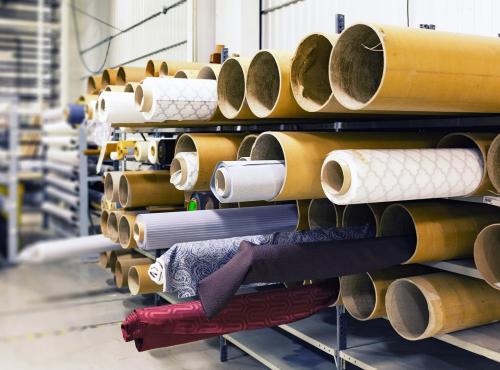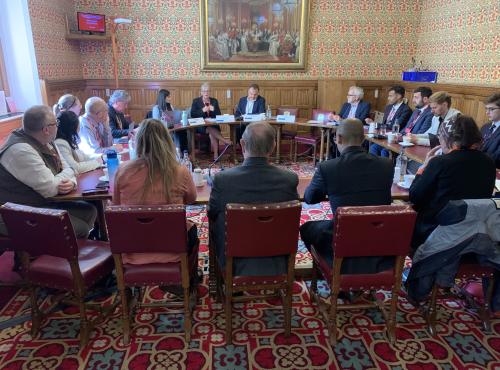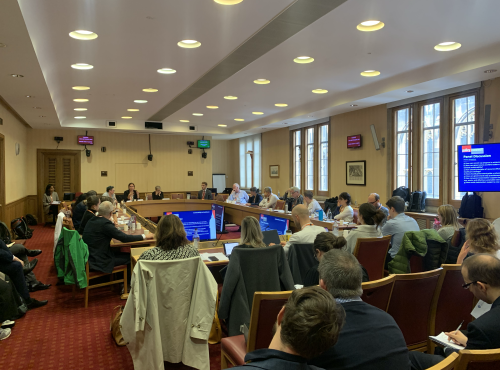Reusable Packaging: A Crucial Piece of the Government's Zero Waste Puzzle
The recent change in government has brought a renewed focus on environmental issues, particularly in the realm of the circular economy and waste management.
With the appointment of Mary Creagh as the minister with a specific circular economy remit, Labour has signalled its commitment to transitioning away from our current linear economic model.
Central to this vision so far is the Government's commitment to accelerating the implementation of a deposit return scheme (DRS). In a significant policy shift, Labour has announced plans to roll out the DRS ahead of the previously proposed 2027 schedule.
Moreover, the government has recently unveiled the estimated fees for packaging categories subject to the Extended Producer Responsibility (EPR) scheme. While further refinement is expected, these fees should play a significant role in improving waste management infrastructure and driving a more circular economy.
While these early signs are promising, the new government faces significant challenges in implementing a comprehensive circular economy strategy, particularly in addressing plastic waste.
Enter reusable packaging. Policy Connect recently published a report (which, I'm pleased to say, was cited in a Parliamentary Office of Science and Technology briefing) that sheds light on this often-overlooked opportunity.
Consider this: the UK uses a staggering 5 million tonnes of plastic annually, with half of that devoted to packaging. By shifting to reusable packaging systems, we could potentially save £8.31 billion. So, what steps can we take to harness this potential? Here are some key recommendations:
- Prioritise reuse in the waste hierarchy: While recycling is important, reuse often has a more positive environmental impact. The Government should emphasise this in its policies and public communications.
- Develop clear definitions and labelling for reusable packaging: This will help consumers make informed choices and support businesses in transitioning to reusable systems.
- Leverage Extended Producer Responsibility (EPR) and Deposit Return Schemes (DRS): These policies present excellent opportunities to incentivise reusable packaging. The government should consider modulated fees to encourage reusable design, set binding reuse targets, and ensure transparent reporting.
- Set dedicated reuse targets: The government's plan to introduce these for 2025 is a positive step. These targets should align with global and European policy activity and be developed collaboratively with industry stakeholders.
- Focus on consumer behaviour: Reusable systems must be convenient, widely available, and price-competitive with single-use alternatives. Clear communication and a well-planned policy foundation are crucial for encouraging consumer adoption.
As the new Government reviews its packaging reforms, it's crucial that these insights don't fall by the wayside. The acceleration of the Deposit Return Scheme implementation is promising, but shouldn't it be designed with reuse in mind from the get-go?
Moreover, with the UK poised to establish the world's first United Nations-backed centre for circular economy research, we have a unique opportunity to lead in this space. By integrating these recommendations into their zero-waste economy roadmap, the government could set a global standard for sustainable packaging policy.
The coming months will be critical in shaping the UK's environmental policy landscape. We look forward to working with the new Government and other stakeholders to drive progress towards a more sustainable, circular future. As the Government collaborates with various stakeholders to chart the course forward, we urge them to place reusable packaging at the heart of their strategy.
By doing so, we could not only reduce waste and resource consumption but also drive innovation, create green jobs, and position the UK as a leader in sustainable packaging solutions. The vision of a zero-waste economy is within reach – let's ensure we're using all the tools at our disposal to make it a reality.



